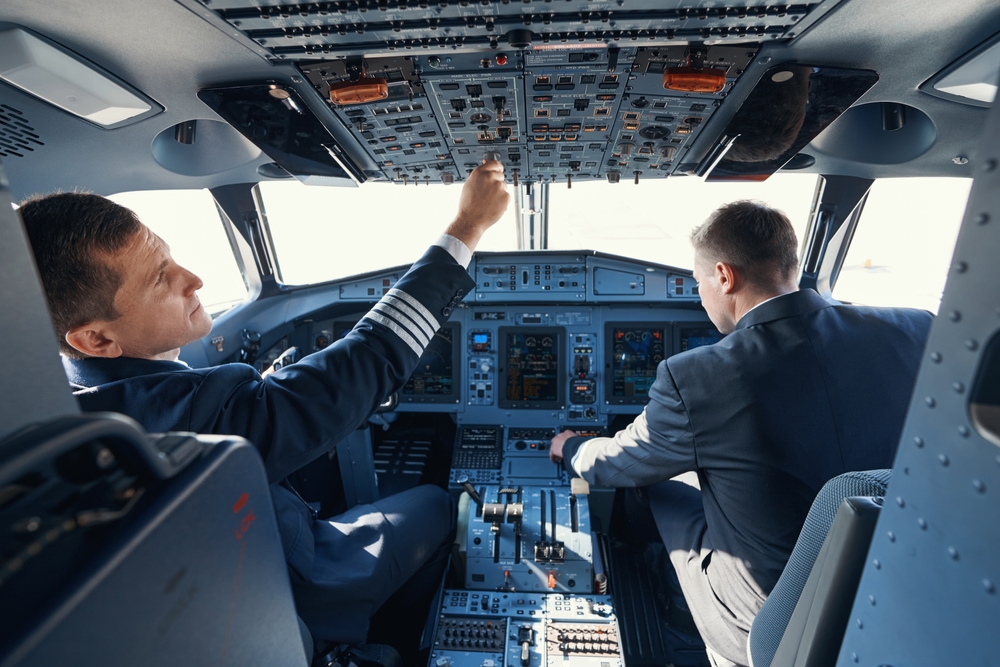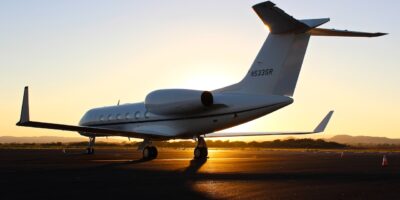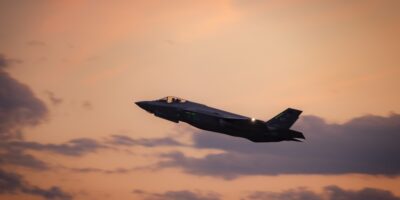Unmanned Aircraft Systems (UAS), also known as drones, have transformed numerous industries, from aerial photography to precision agriculture, and their potential continues to expand. Central to the operation of these sophisticated systems is the UAS pilot, a professional responsible for controlling the drone’s flight and ensuring its missions are carried out effectively and safely. This article delves into the multifaceted role of a UAS pilot, exploring their responsibilities, required skills, and the impact they have across various sectors.

**Core Responsibilities of a UAS Pilot**
The primary responsibility of a UAS pilot is to operate the drone, ensuring that all flight operations adhere to local and national aviation regulations. This involves a combination of hands-on control and autonomous oversight, as modern drones are equipped with advanced navigation systems that can manage some aspects of flight independently. UAS pilots must thoroughly plan each mission, considering factors such as weather conditions, airspace restrictions, and specific project requirements, to ensure safe and efficient operations.
Before a flight, UAS pilots perform pre-flight checks to confirm the airworthiness of the drone, including battery life, sensor functionality, and communication systems. During flight, they monitor the drone’s performance and make real-time decisions in response to any unforeseen circumstances. After landing, pilots are responsible for data management, including downloading and processing the data collected during the flight, and performing any necessary maintenance to prepare the drone for its next mission.
**Skill Set and Qualifications**
Becoming a UAS pilot requires a specific set of skills and qualifications. Technical proficiency with drone technology is paramount, as pilots must understand the mechanics and electronics that allow drones to operate. This often involves formal training or certification, which can vary by country. In the United States, for example, commercial drone pilots must obtain a Part 107 certification from the Federal Aviation Administration (FAA).
In addition to technical skills, successful UAS pilots possess strong analytical abilities, as they must be able to interpret data and make quick, informed decisions. Good communication skills are also essential, as pilots often work as part of larger teams and must be able to convey information clearly and effectively.
**Applications Across Industries**
The versatility of drones allows UAS pilots to operate across a wide range of industries. In agriculture, drones are used for crop monitoring and spraying, helping to increase farm efficiency and reduce waste. In construction, UAS pilots help with site surveys and inspections, providing critical information that can assist in project planning and monitoring. Media and entertainment is another field where drone pilots play a crucial role, using drones to capture aerial footage for films and television.
Emergency response and disaster management are areas where UAS pilots can truly make a difference. Drones can be deployed to assess damage, locate survivors, and deliver emergency supplies in situations where manned flight is too risky or impractical. Similarly, in environmental monitoring, UAS pilots help track wildlife, monitor pollution levels, and assess the health of ecosystems, contributing valuable data that supports conservation efforts.
**The Future of UAS Piloting**
As drone technology continues to advance, the role of the UAS pilot is likely to evolve. Artificial intelligence and machine learning are beginning to automate more aspects of drone flight, which could change the pilot’s role from operator to supervisor. However, the demand for skilled pilots is expected to grow as drones become increasingly integrated into everyday business operations and public services.
The role of a UAS pilot is complex and dynamic, requiring a blend of technical skill, strategic thinking, and practical experience. As industries continue to recognize the benefits of drone technology, the importance of qualified, skilled UAS pilots will only increase. Whether contributing to economic efficiency, enhancing creative projects, or saving lives in disaster scenarios, UAS pilots hold a critical, expanding role in the modern world.



Leave a Reply